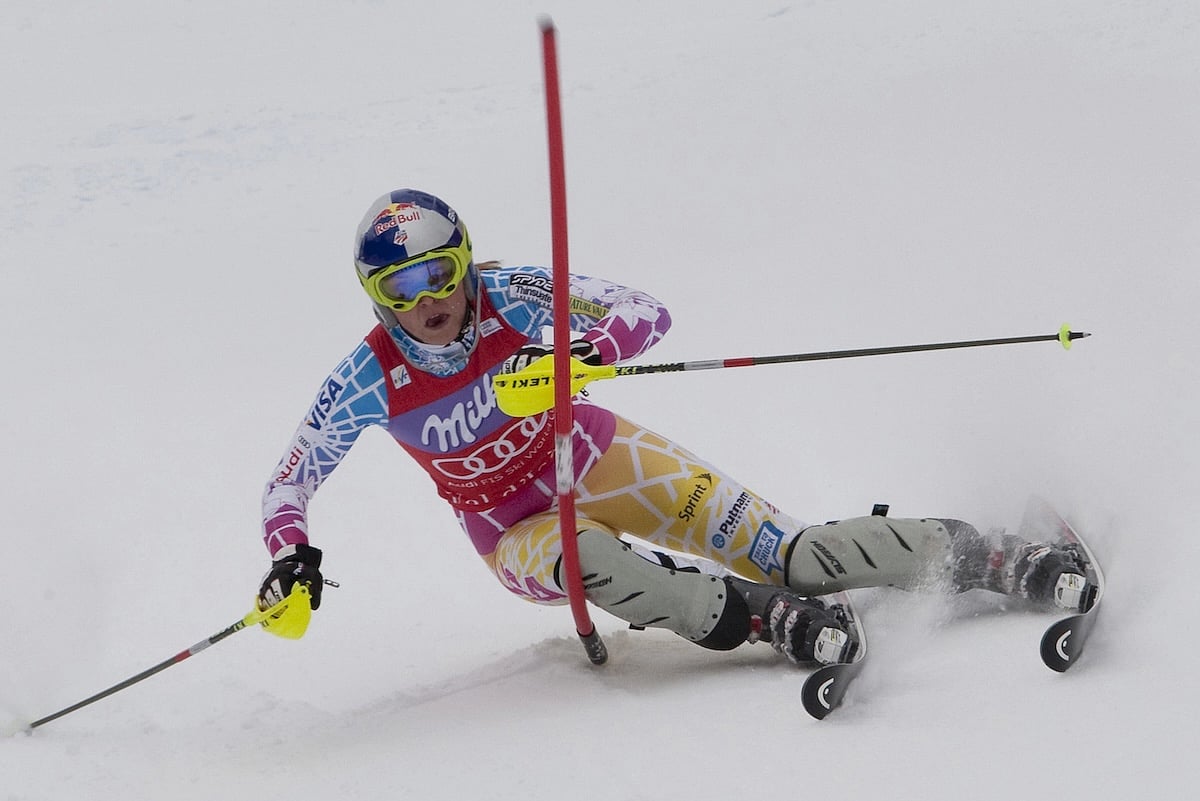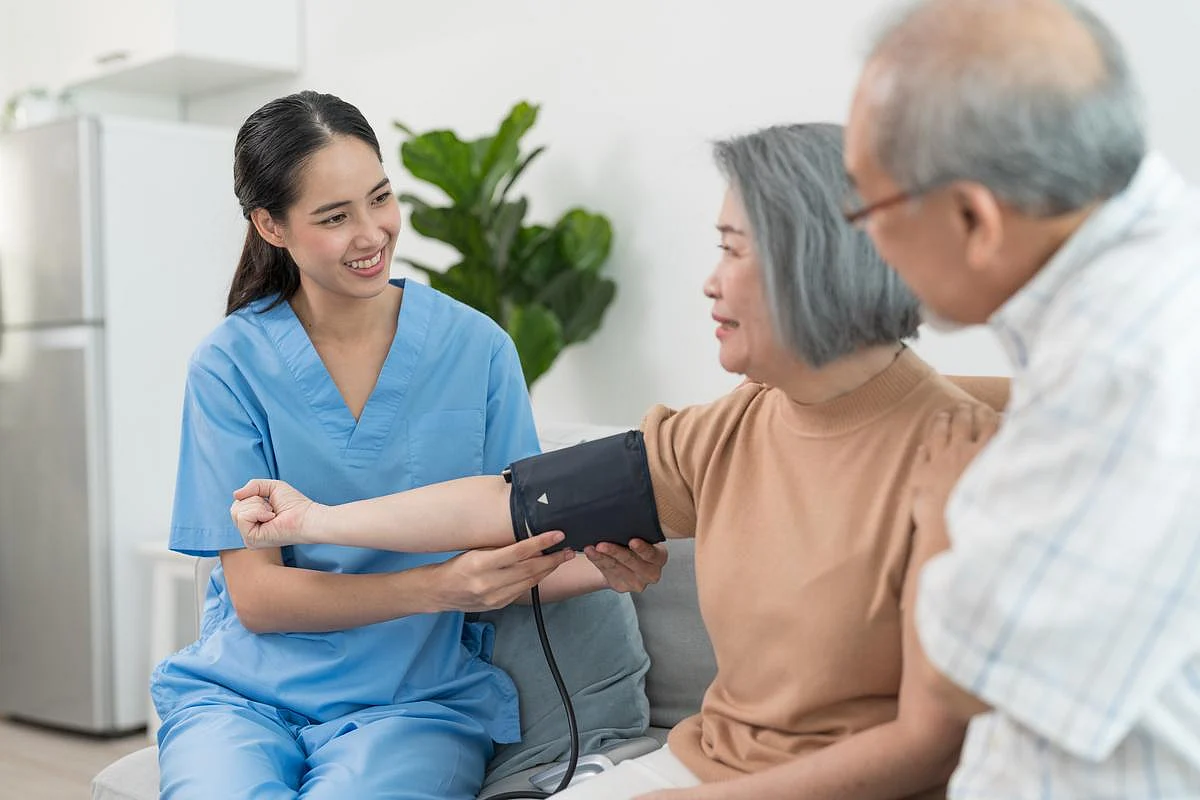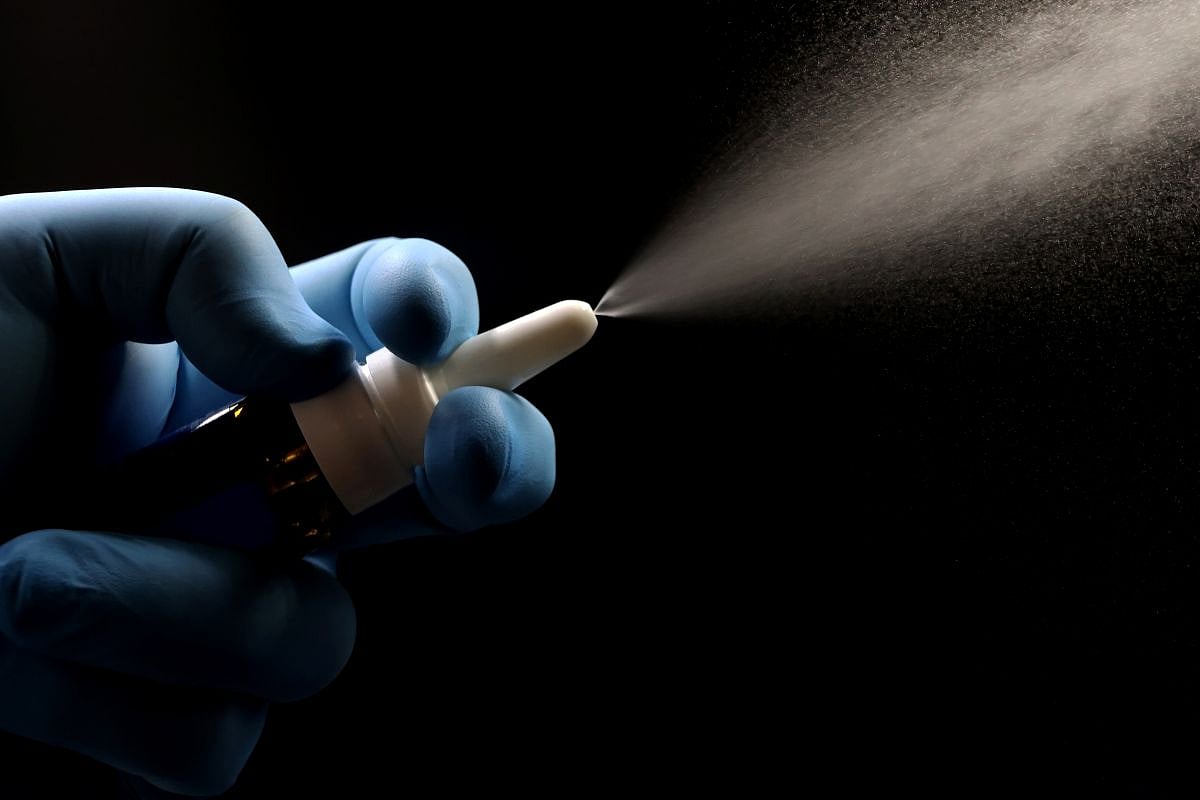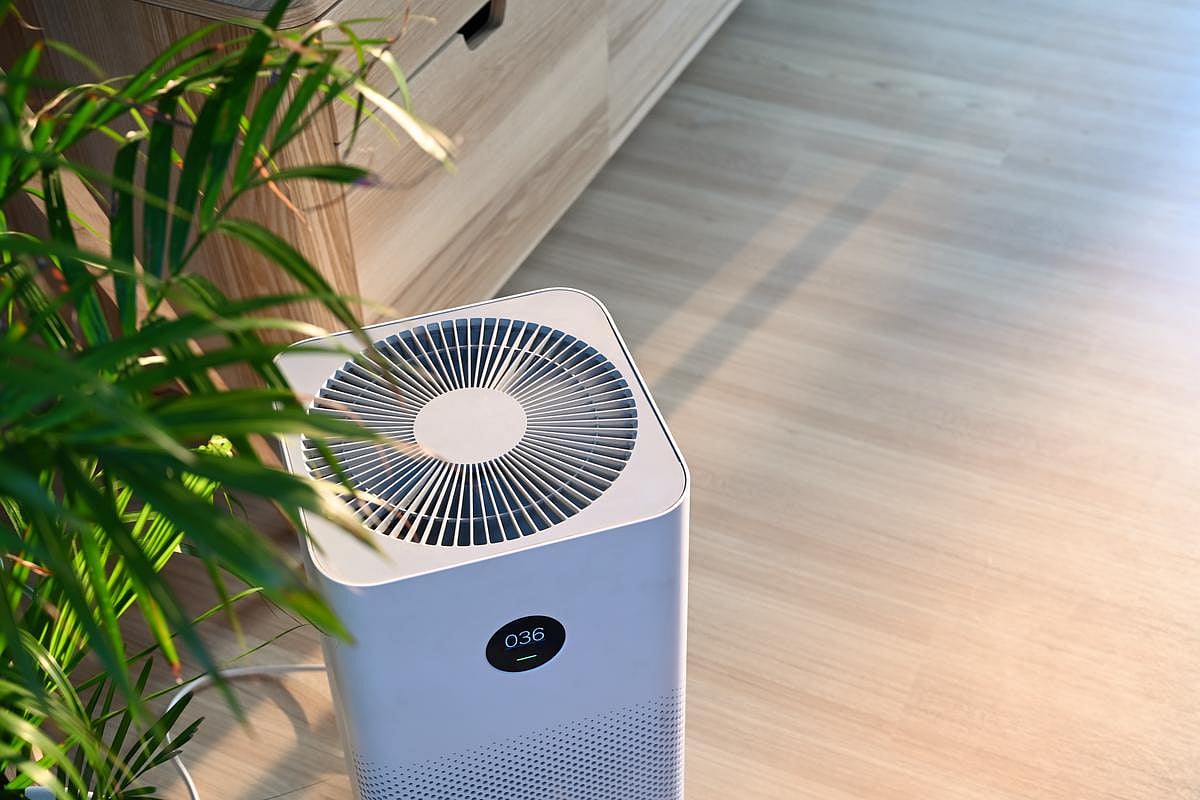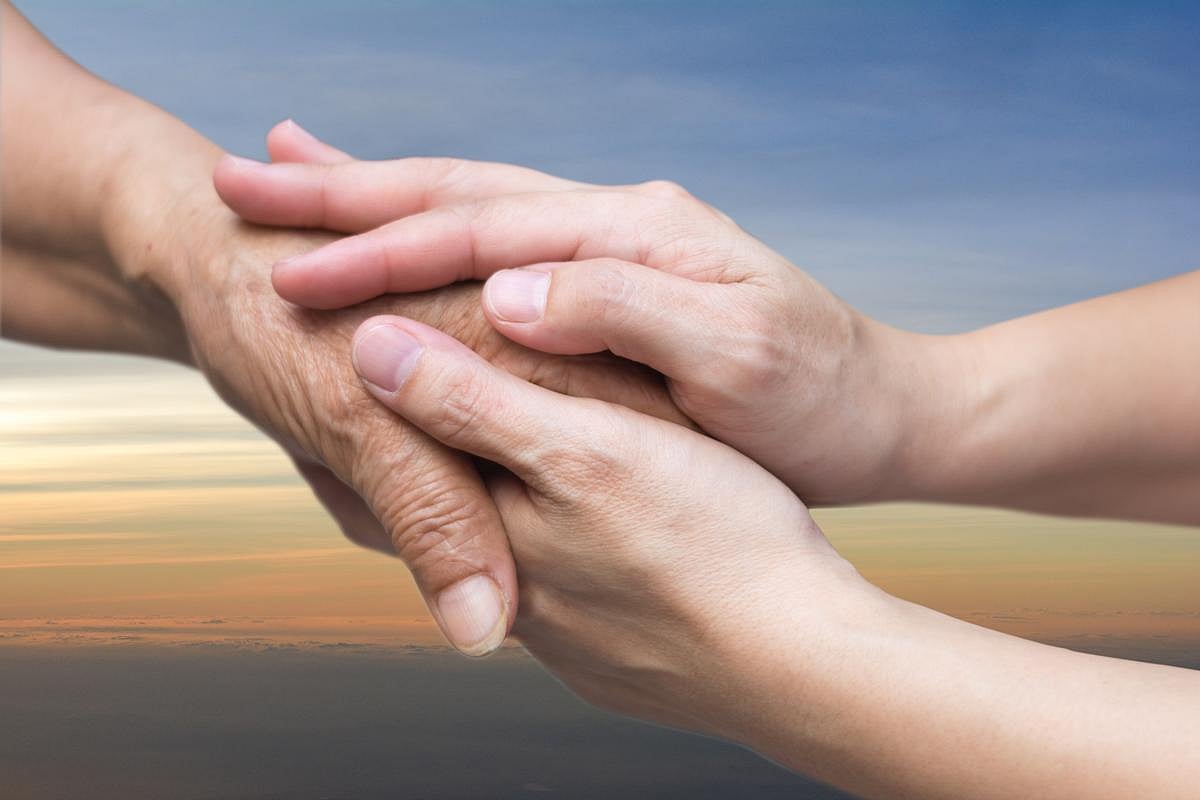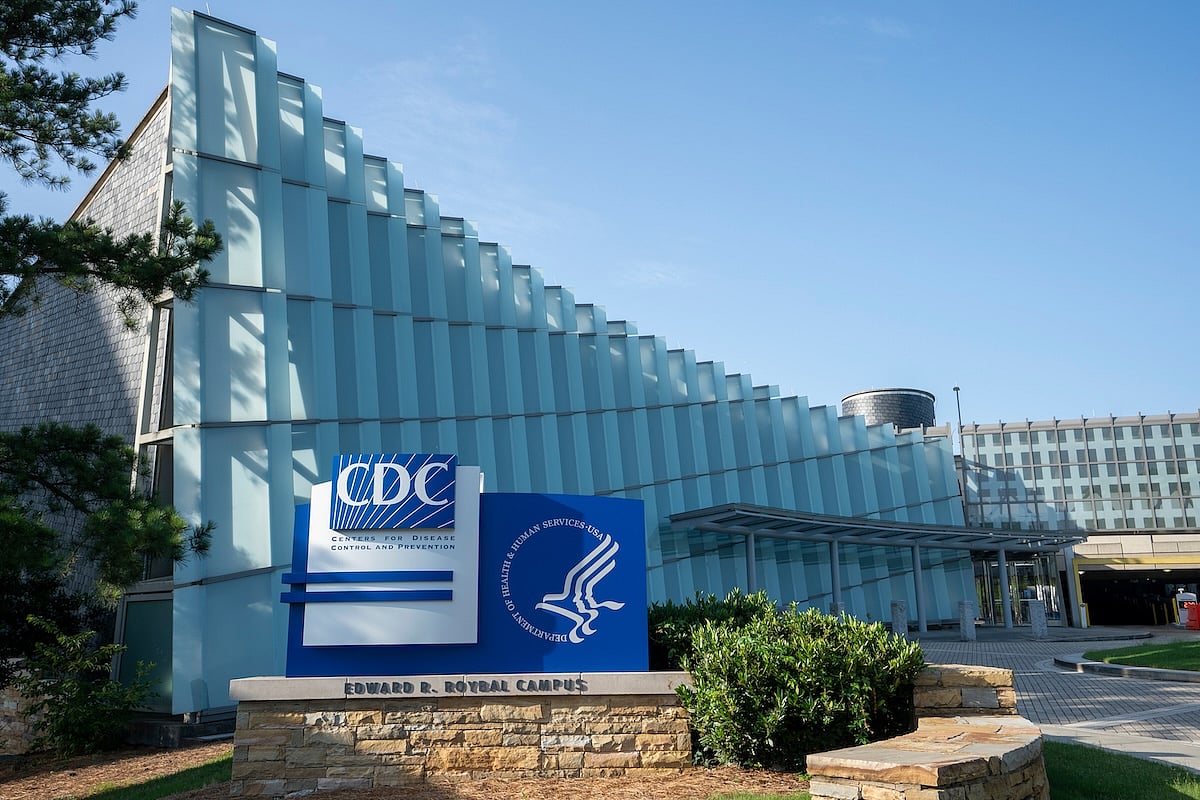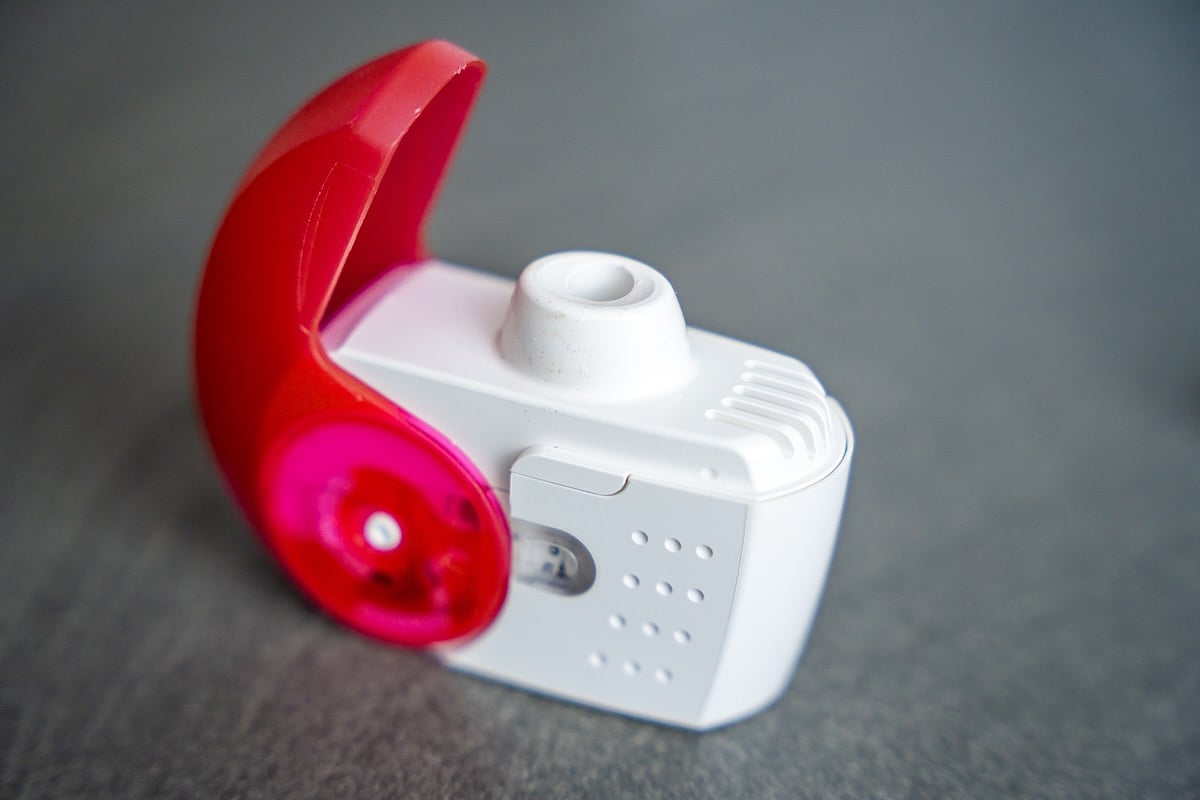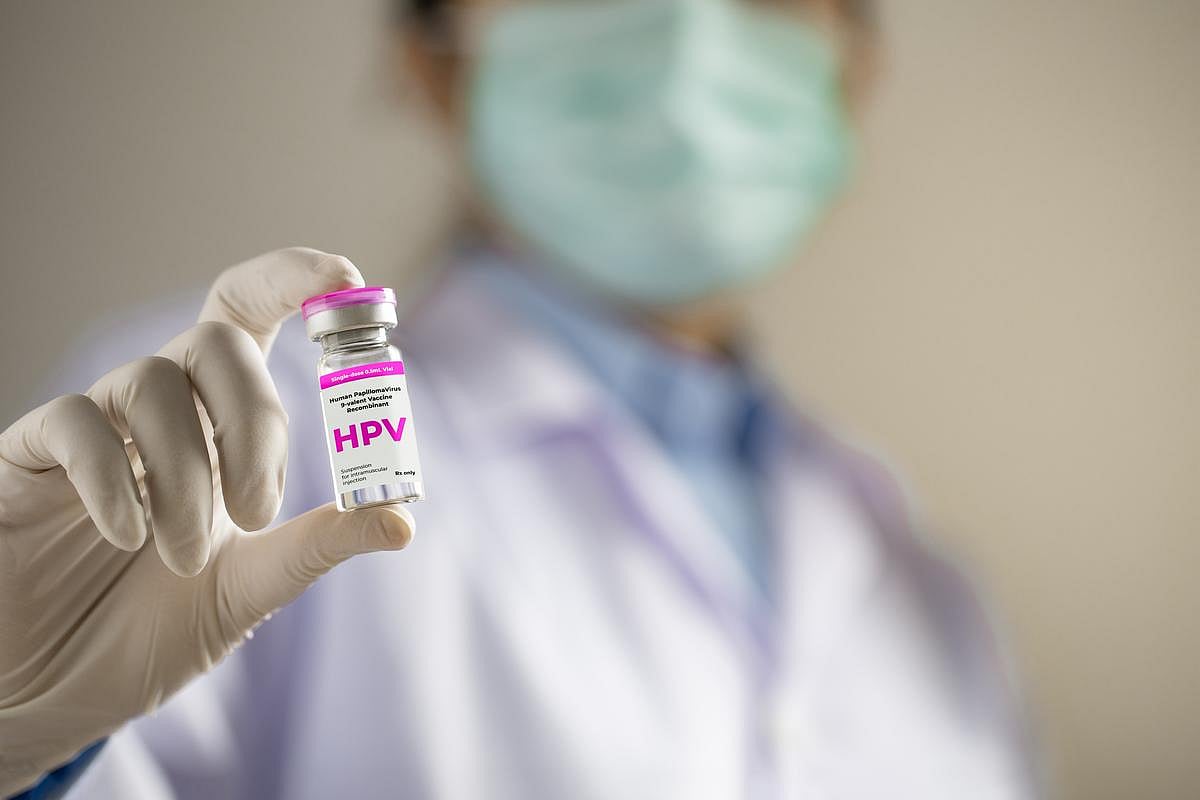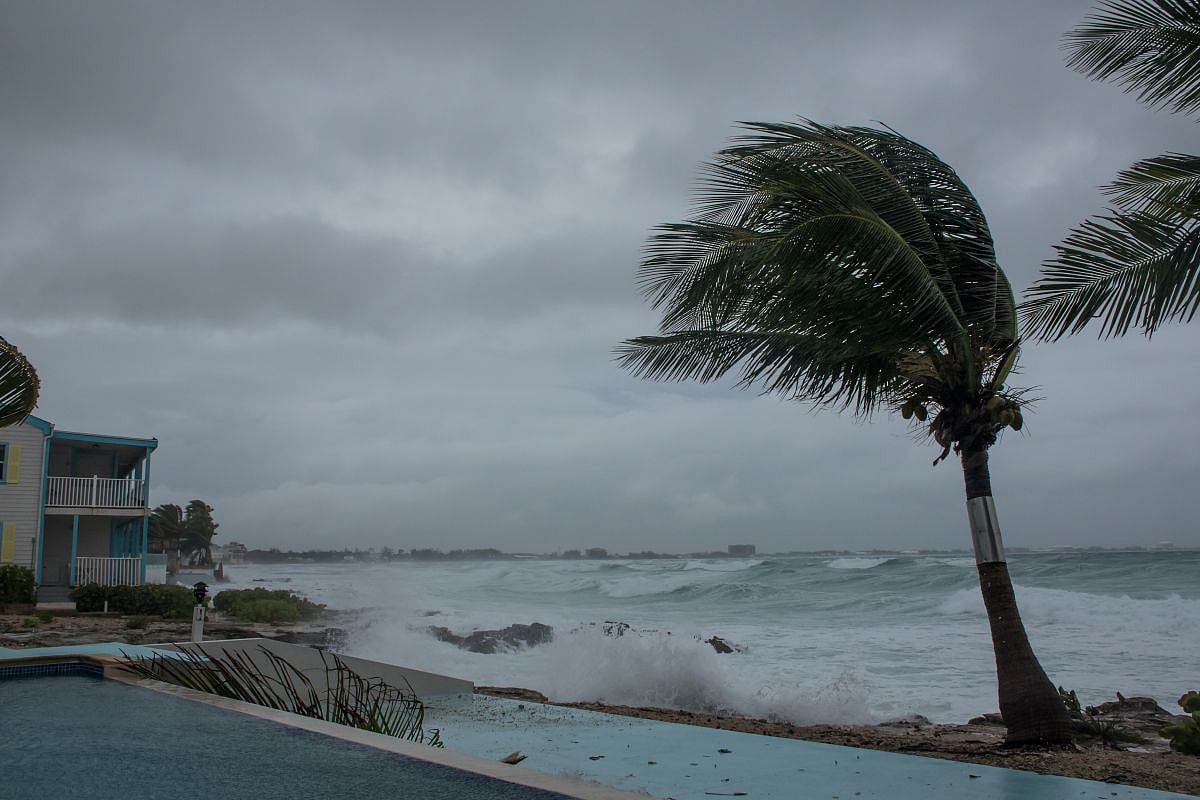Get Healthy!
Staying informed is also a great way to stay healthy. Keep up-to-date with all the latest health news here.
25 Feb
Cancer and Mental Health: A Critical First Year That May Impact Survival
A new study finds cancer patients who develop a new mental health condition are at increased risk of mortality in the first one to three years after diagnosis.
24 Feb
Lower Plaque Levels May Not Protect Women from Heart Disease
While women have less artery-clogging plaque on average, a new study finds it doesn’t lower their risk for serious heart events.
23 Feb
Study Finds Every Pregnancy Leaves a Unique Mark on the Brain
Researchers uncover links between pregnancy-related brain changes, mother-baby bonding, and maternal mental health.
Nicole ‘Snooki’ Polizzi Shares Cervical Cancer Diagnosis, Urges Women To Get Pap Tests
Reality TV star Nicole "Snooki" Polizzi said an early pap smear may have saved her life.
In a video shared on TikTok, the 38-year-old said she was diagnosed with stage one cervical cancer after doctors found adenocarcinoma during a routine pap test.
"Obviously not the news that I was hoping for, but also not the worst news just becau...
- HealthDay Staff HealthDay Reporter
- |
- February 25, 2026
- |
- Full Page
Novo Nordisk Cuts Prices of Ozempic and Wegovy Starting January 2027
Some of the most popular diabetes and weight-loss drugs in the U.S. will soon cost a lot less.
Novo Nordisk announced Tuesday that it will cut U.S. list prices of Ozempic and Wegovy by up to 50% starting next year.
The lower prices will take effect Jan. 1, 2027, the same time that reduced prices begin under Medicare plans for older f...
- HealthDay Staff HealthDay Reporter
- |
- February 25, 2026
- |
- Full Page
Lindsey Vonn Says Olympic Crash Nearly Cost Her a Leg
Olympic ski star Lindsey Vonn says a serious crash at the Milan Cortina Olympics nearly cost her a left leg.
In an Instagram post shared Monday, the 41-year-old skier revealed that her injuries were far worse than first reported after she crashed during the women’s downhill event on Feb. 8, just 13 seconds into her run.
After c...
- HealthDay Staff HealthDay Reporter
- |
- February 25, 2026
- |
- Full Page
Nearly 6 In 10 Women Expected To Develop Heart Disease
Nearly 6 out of 10 U.S. women will have some type of heart disease during the next 25 years, a trend driven by rising rates of high blood pressure, a new American Heart Association report says.
Almost 60% of women could have high blood pressure by 2050, up from about 50% in 2020, according to results published today in the journal Circ...
- Dennis Thompson HealthDay Reporter
- |
- February 25, 2026
- |
- Full Page
Scientists' Push For a Universal Vaccine Takes a Key Step Forward
If you avoid getting vaccinated because you dread one needle stick after another, there’s hopeful news from scientists at five major U.S. universities.
They’ve taken a major step toward developing a nasal spray that could one day protect against everything from influenza and COVID-19 to bacterial pneumonia and even common aller...
- Carole Tanzer Miller HealthDay Reporter
- |
- February 25, 2026
- |
- Full Page
Doomscrolling Affecting Many Americans' Sleep, Poll Finds
Doomscrolling is taking a toll on many Americans’ rest, a new survey says.
More than a third of U.S. adults (38%) say using their phone or tablet to read the news before bed is making their sleep slightly or significantly worse, according to the new poll from the American Academy of Sleep Medicine (AASM).
Only 14% of Americans ...
- Dennis Thompson HealthDay Reporter
- |
- February 25, 2026
- |
- Full Page
Clean Indoor Air Key To Preventing Asthma Attacks
Clean, well-circulated indoor air can reduce asthma attacks among adults, a new study says.
Fans and air purifiers are essential for reducing the risk of flare-ups at home, researchers recently reported in the journal Atmosphere.
In particular, good ventilation and exhaust systems in kitchen and bathrooms help protect asthma...
- Dennis Thompson HealthDay Reporter
- |
- February 25, 2026
- |
- Full Page
Hospice Use Rising for Seniors Following ICU Stays
For many older Americans, the intensive care unit (ICU) is a place of aggressive, life-saving intervention.
However, a new national study reveals that more seniors are choosing a different path — transitioning from the high-tech world of the ICU to the comfort-focused environment of hospice.
The findings were published recently...
- Deanna Neff HealthDay Reporter
- |
- February 25, 2026
- |
- Full Page
Pets Give Older Adults Purpose, but Financial Strain is Growing
For many older adults, a wagging tail or a soft purr is more than just company — it is a reason to get out of bed.
But a new national poll suggests that while the emotional bond between seniors and their pets is stronger than ever, the cost of companionship is becoming a heavy burden.
The latest University of Michigan National ...
- Deanna Neff HealthDay Reporter
- |
- February 25, 2026
- |
- Full Page
Eating Healthy In Middle Age Can Lower Risk of Brain Decline, Study Finds
What’s on your plate today can affect your brain aging as a senior, a new study says.
Middle-aged people who eat healthy have a lower risk of brain decline in old age, researchers reported Feb. 23 in JAMA Neurology.
The heart-healthy Dietary Approaches to Stop Hypertension (DASH) diet provided the best protection for b...
- Dennis Thompson HealthDay Reporter
- |
- February 25, 2026
- |
- Full Page
Turns Out Horses Don’t Just Whinny — They Whistle
The sound of a horse whinnying is one most people recognize instantly, but scientists are only now learning how it’s made.
A new study revealed that when a horse whinnies, it is making two sounds at the same time: One sound comes from vibrating vocal cords, like when people sing. The other comes from air rushing through the voice box...
- I. Edwards HealthDay Reporter
- |
- February 24, 2026
- |
- Full Page
New FDA Proposal Aims To Help Patients With Hard-To-Treat Diseases
U.S. health officials are proposing a new way to develop and approve custom-made treatments for people with rare and hard-to-treat conditions.
The U.S. Food and Drug Administration (FDA) just released a draft of guidelines that would create a special pathway for therapies designed for just a small number of people. Drug companies often avo...
- I. Edwards HealthDay Reporter
- |
- February 24, 2026
- |
- Full Page
Study Suggests Cutting Sugar Before Age 2 Could Lower Heart Disease Risk
Cookies, cupcakes, fruit snacks, juice boxes, oh my! These sweet treats are often part of childhood.
But when it comes to babies and toddlers, new research suggests less sugar may be better for the heart later on.
Researchers found that people whose sugar intake was restricted before birth and during the first two years of life...
- I. Edwards HealthDay Reporter
- |
- February 24, 2026
- |
- Full Page
CDC's Deputy Secretary General Steps Down Just 2.5 Months Into the Job
Leadership uncertainty at the U.S. Centers for Disease Control and Prevention (CDC) deepened this week after the agency’s second-in-command suddenly resigned.
On Monday, the CDC announced that Ralph Abraham, its deputy secretary general, stepped down effective immediately.
Abraham had been in the role for about two and a half m...
- I. Edwards HealthDay Reporter
- |
- February 24, 2026
- |
- Full Page
Gap In Preventable Deaths Widening Between Those With, Without A College Degree
A gap in preventable deaths is growing between people with and without a college degree, a new study says.
A steadily increasing number of people with a high school diploma or less are dying from illnesses that could have been prevented by health care, researchers reported in the American Journal of Public Health.
A growing ...
- Dennis Thompson HealthDay Reporter
- |
- February 24, 2026
- |
- Full Page
Dry Powder Inhalers: A Double Win for COPD and Environment
Dry powder inhalers might provide a double benefit for people battling chronic obstructive pulmonary disease (COPD), a new study says.
These inhalers not only lead to slightly better lung health among COPD patients, but also are less harmful to the environment, researchers reported Feb. 23 in JAMA Internal Medicine.
The most...
- Dennis Thompson HealthDay Reporter
- |
- February 24, 2026
- |
- Full Page
Living Near Nuclear Plants Linked to Higher Cancer Death Risk
The closer you live to a nuclear power plant, the higher the odds that you’ll die from cancer, a new nationwide study has concluded.
People living near a nuclear plant have a cancer death risk that rises with age, peaking in the senior years for both women and men, researchers reported Feb. 23 in the journal Nature Communications...
- Dennis Thompson HealthDay Reporter
- |
- February 24, 2026
- |
- Full Page
Cervical Cancer Rates Plummet Among States With High HPV Vaccination Rates
Cervical cancer rates are plummeting in states with higher rates of HPV vaccination, a new study reports.
Overall, cervical cancers have declined by 27% among young women in the years since the human papillomavirus (HPV) vaccine became available in the United States, researchers report in the Journal of the National Cancer Institute
- Dennis Thompson HealthDay Reporter
- |
- February 24, 2026
- |
- Full Page
Hurricanes Linked to Rise in Drug, Alcohol Deaths Post-Storm
Hurricanes are terrifying and destructive, but their damage doesn’t end with homes flattened and cities flooded, a new study says.
A wave of alcohol- and drug-related deaths also occur in the wake of hurricanes and tropical storms, researchers reported Feb. 20 in JAMA Network Open.
Further, these deaths increase as peo...
- Dennis Thompson HealthDay Reporter
- |
- February 24, 2026
- |
- Full Page
Women's Heart Health at Greater Risk from Lower Levels of Artery Plaque, Study Shows
Women tend to have less artery-clogging plaque than men, but that doesn’t appear to protect their heart health, a new study says.
Fewer women have plaques clogging the arteries feeding the heart, and those with plaques have half as much as men, researchers reported Feb. 23 in the journal Circulation: Cardiovascular Imaging.<...
- Dennis Thompson HealthDay Reporter
- |
- February 24, 2026
- |
- Full Page




